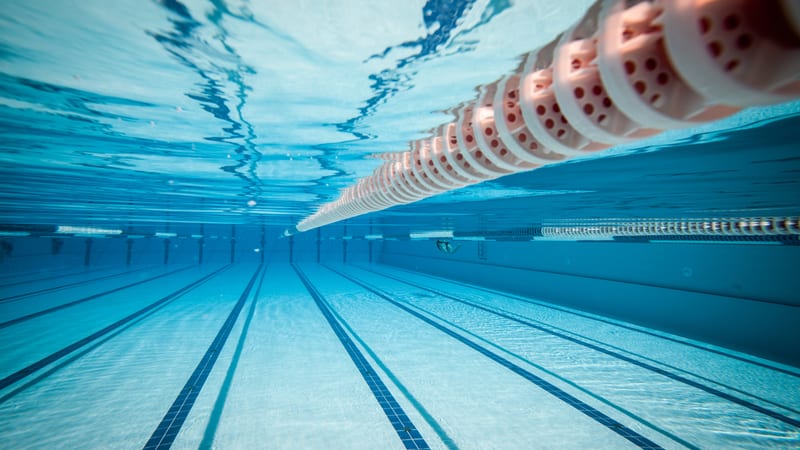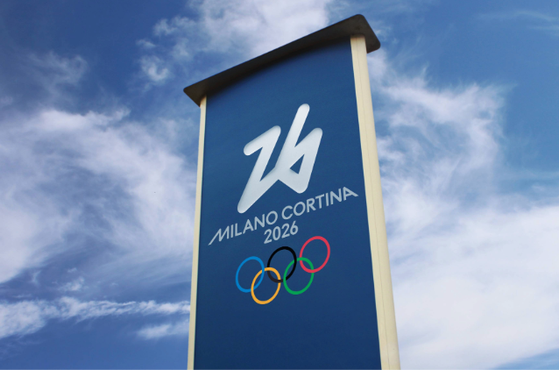Deepfakes & AI-powered cybercrime in sport — how can athletes & clubs protect themselves?

We discuss the mounting dangers of AI-powered cybercrime across the world of sport with David Andrew — the Founder and Managing Partner of Tiaki.
Read more
We make the difference. Talk to us: 0333 004 4488 | hello@brabners.com
AuthorsLydia EdgarCatherine ForshawJason Smith
6 min read

“If it’s a judgment between inclusion and fairness, we will always fall down on the side of fairness, that for me is absolutely…it’s non-negotiable and the integrity of women’s sport is really, really important here. We will follow the science on this and if we think there are events or distances or disciplines that are being unfairly impacted we will of course look at those again in the light of that science.”
So said World Athletics President Lord Coe when talking to Dan Rowan, the BBC's Sports Editor on 20 June 2022 following the decision of FINA’s Extraordinary General Congress on 19 June 2022 on the participation of transgender women in swimming.
Following Lord Coe’s words, we will look here at the recent developments in this high profile and increasingly controversial area.
On 12 November 2021, in the wake of the postponed Tokyo 2020 games, the International Olympic Committee (IOC) approved its new “Framework on Fairness, Inclusion and Non-Discrimination on the basis of Gender Identity and Sex Variations”.
The Framework, a highly anticipated update to the IOC’s existing 2015 Consensus Statement, concluded that individual sports and their respective federations should now be responsible for setting their own eligibility criteria for transgender athletes at an elite level, moving away from its previous guidance which focused solely on testosterone levels as a method of differentiating eligibility.
Then, on the 19 June 2022 at its Extraordinary General Congress the members of FINA, the International Federation for Swimming and other aquatic sports voted on the participation of transgender women in swimming with 71.5% of members voting in favour of a policy requiring transgender women to have transitioned to female by the age of 12 or prove that they have “not experienced any part of male puberty beyond Tanner stage 2” (when physical development kicks in) in order to be able to compete in women’s competition. Such was the perceived importance of the issue that FINA decided the decision should be taken by all of its members and not just its Executive Bureau Committee.
A particular significance of the FINA decision is the introduction of criteria other than that based on testosterone levels following a scientific panel’s finding that transgender women retained a “relevant performance advantage over biological females” even after medication to reduce testosterone. The new FINA rules mean that Lia Thomas, the first known transgender swimmer to win a major title at the US national college championships in March, will now be unable to compete, as she had hoped, at the Paris Olympics in 2024 in the female category.
At the same time, FINA also announced the establishment of a working group to investigate the creation of an “open” category for competitors whose gender identity is different than their birth sex.
FINA’s decision is, however, not the only decision of its kind this year. Two days before FINA’s decision, cycling’s governing body, the UCI, changed its rules to require riders to have had testosterone levels below 2.5 nanomoles per litre for a 24-month period before being allowed to participate in women’s competitions, compared to previous requirements of 5 nanomoles per litre for a 12-month period.
Also, two days after FINA’s decision, the International Rugby League (IRL), the global governing body for Rugby League, issued a statement stating that male-to-female transgender players will not be permitted to play in women’s international matches until the IRL’s formal transgender inclusion policy has been finalised, citing a need to balance a player’s right to participate with the safety of all participants. World Rugby introduced a similar policy in Rugby Union in 2020.
Reviews of transgender participation in other sports are also anticipated over the coming months, with World Athletics expected to introduce updated eligibility criteria following a meeting of its members council at the end of the year, and football’s world governing body, FIFA, also confirming that its gender eligibility regulations are currently under review.
With Thomas Bach, President of the IOC, continuing to advocate in May this year that this [area] is a very complex issue and that there is “no one-size-fits all” solution for determining the parameters of transgender participation in individual sports urging organisations to make decisions based on scientific evidence, it will be incredibly interesting to see how other sports now react to FINA’s decision on a national and international basis, particularly in respect of the potential creation of “open” categories.
So, what is the position that NGBs in the UK may adopt?
In September 2021, the five Sports Councils responsible for supporting and investing in sport across England, Wales, Scotland and Northern Ireland (Sport England, sportwales, sportscotland, sport Northern Ireland and UK Sport) issued their new Guidance for Transgender Inclusion in Domestic Sport, recognising that its existing guidance from 2013 was out of date and no longer fit for purpose.
Following an extensive 18 month review commissioned by the Sports Councils’ Equality Group (SCEG), the guidance finds “that the inclusion of transgender people into female sport cannot be balanced regarding transgender inclusion, fairness and safety in gender–affected sport where there is meaningful competition…” Continuing, the Guidance states that sports are incredibly diverse and there can be no “one-size-fits all” approach, concluding that for many sports, there may not be a common single competition model which will meet the needs of full transgender inclusion while retaining competitive fairness, particularly in female sport.
The Guidance then encourages and advises that NGBs define the best options for their sport and determine whether it may be possible to offer more than one version of their sport.
Then, in April this year whilst reiterating its commitment to transgender and non-binary people being “welcomed, supported and celebrated” in cycling, British Cycling suspended its transgender and non-binary participation policy pending a full review to be initiated in the following weeks. The suspension came in the aftermath of Emily Bridge’s failed attempt to enter a women’s event at the British National Omnium Championships.
With the CEO’s of UK Sport and Sport England having recirculated the Sports Councils’ September 2021 Guidance earlier this year, various LGBTQ+ bodies and athletes criticising the FINA decision and the British Culture Secretary Nadine Dorries having demanded that British governing bodies follow FINA’s lead, the debate surrounding trans athletes and the issues of inclusion and fairness (and safety) and, in particular, the participation of transgender women in sport looks set to run and run.
We recently advised two NGBs on their transgender participation policies, as well as a third NGB on developments in legal and other issues relating to the participation of transgender and intersex athletes in sport. We also Chaired and sat as the Independent Legal Representative of an NGB’s Transgender Eligibility Panel in two recent cases.
If you need support in this area, talk to us by completing our contact form below.

We discuss the mounting dangers of AI-powered cybercrime across the world of sport with David Andrew — the Founder and Managing Partner of Tiaki.
Read more

We explore how structural, environmental and organisational shifts are shaping the 2026 Winter Olympic and Paralympic Games.
Read more

We examine the consequences of Palou’s defection and the wider lessons for businesses negotiating contracts with athletes or other high‑value individuals.
Read more